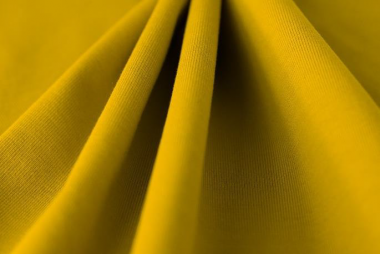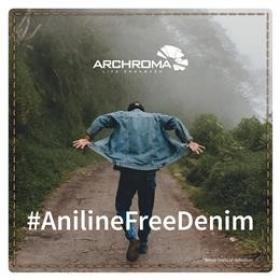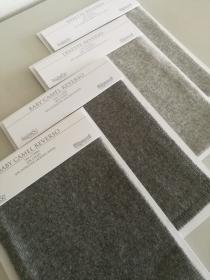NCTO: Kim Glas testifies on Supply Chain Resiliency
National Council of Textile Organizations (NCTO) President and CEO Kim Glas is testifying on “Supply Chain Resiliency and the Role of Small Manufacturers” before the Small Business Committee’s Subcommittee on Economic Growth, Tax, and Capital Access.
In written testimony submitted to the committee, Glas provides an overview of the incredible resiliency of the U.S. textile industry during the COVID-19 pandemic, the impact of the ensuing economic crisis, existing options available to small manufacturers to access capital, and policy recommendations to strengthen the entire industry domestic supply chain.
“One silver lining associated with the immense challenges posed by the COVID-19 crisis is that it afforded the domestic textile industry an opportunity to demonstrate its enormous resiliency, flexibility, and overall value to the U.S. economy,” Glas says in the testimony. “Despite the fact that there was virtually no [full] U.S. production of textile-based PPE prior to the pandemic, the heroic actions of domestic textile manufacturers resulted in the ability to supply homegrown PPE at the height of the greatest healthcare emergency our country has faced in the past 100 years.”
“As we exit the current crisis, rational federal policies are once again needed to ensure a stable overall environment where small businesses can compete and thrive, and targeted initiatives are required to ensure that domestic supply chains for critical materials, such as PPE, exist in the United States,” Glas notes.
Glas details five key policy recommendations supported by 20 trade associations and labor groups, representing the entire domestic supply chain aimed at strengthening the integrated U.S. textile sector:
- Strengthen Buy American procurement rules
- Provide funding assistance for companies to reconstitute domestic supply chains important to U.S. national and healthcare security
- Key contracting reforms
- Streamline the SBA loan application process
- Provide additional funding for workforce training
Please view the full written testimony by NCTO President and CEO Kim Glas here.
NCTO National Council of Textile Organizations Covid-19 personal protective equipment textile industry
NCTO

















